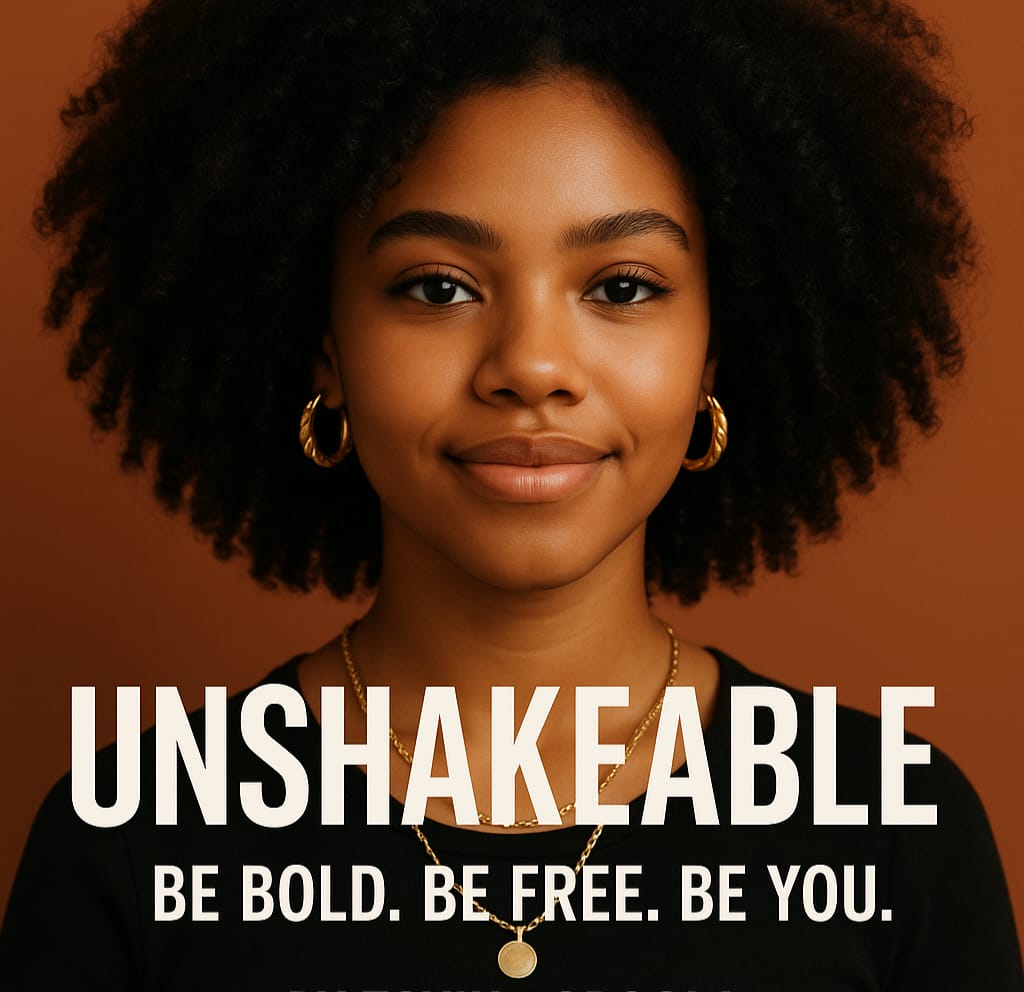
About Course
Have you ever wondered why:
- You shut down when someone raises their voice at you?
- Do you get really nervous before speaking in class?
- Are you scared to meet new people?
- You dread changes and like your routine?
- You act brave even when you’re scared inside?
The way you behave (what you say or do) is shaped by many invisible forces. your personality, your environment, your previous experiences, and more. This section will help you look beneath the surface and understand your behavior with more clarity and compassion.
Course Content
LEARNING OUTCOMES 🎯
-
MODULE OBJECTIVES
✅ BASELINE SELF-ASSESSMENT:
🌱 Introduction: Your Growth Starts Here(This is your journey to becoming who you were made to be.)
🧠 SECTION 1: DECODING BEHAVIORAL PATTERNS
🔺 SECTION 2: WHY DO I FEEL THIS WAY?
🧭 Section 3: What do I stand for?
🗣️ Section 4: What is this voice in my head and how do I quiet it down?
🧍 Section 5: But I’m too big for all these personal development talks?
🪞 Outline 6: a) Understanding Self-Image
🌟 Self-Image, Confidence & Esteem Check-In Worksheet
🌟 Section 7: Do I have to stand out when it’s easier to just blend in?
🧠 Section 8: What does it mean to be Emotionally Intelligent?
🧠🌱 Section 9: I’m set in my routine, why bother to change?
⏳ Section 10: I wish I could, but I haven’t got the time!
🗣️ Section 11: How do I talk so people can understand me?
🤝 Section 12: Do I need to learn how to make friends?
🌪️ Section 13: Coping Skills & Coping with Changes
✅ Final Note: Wrapping Up Module 1& 2 – Your Inner Foundation and Personal Growth in Action
Student Ratings & Reviews

No Review Yet
